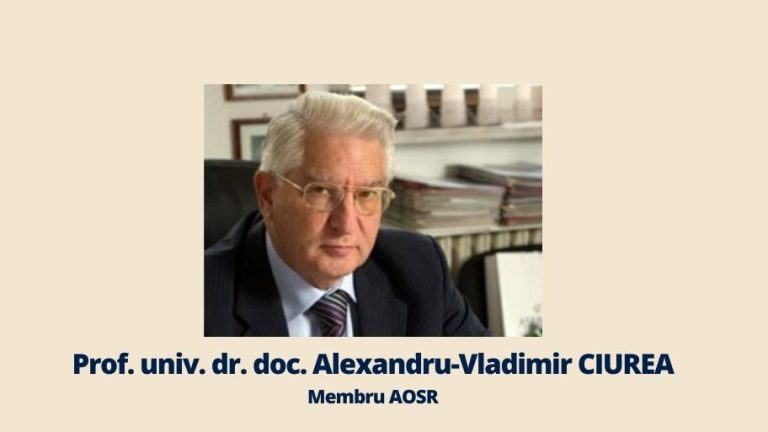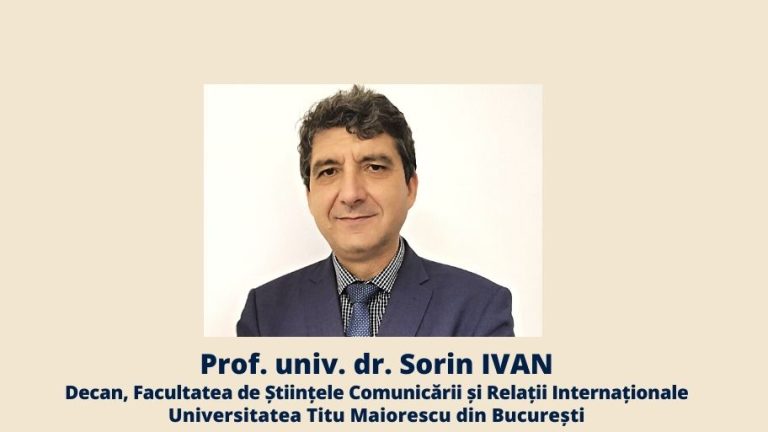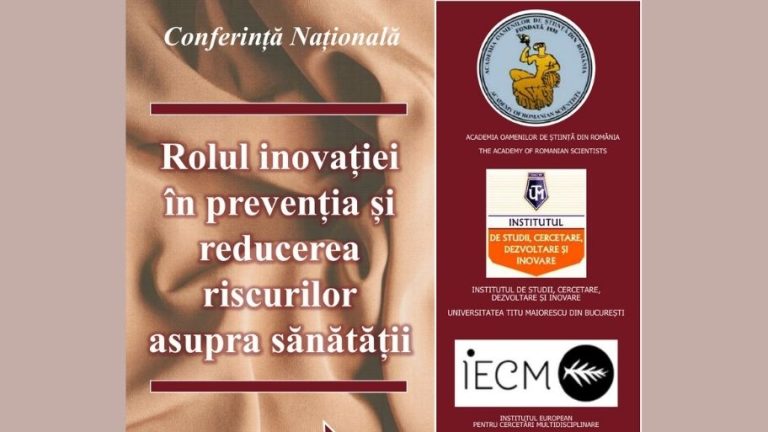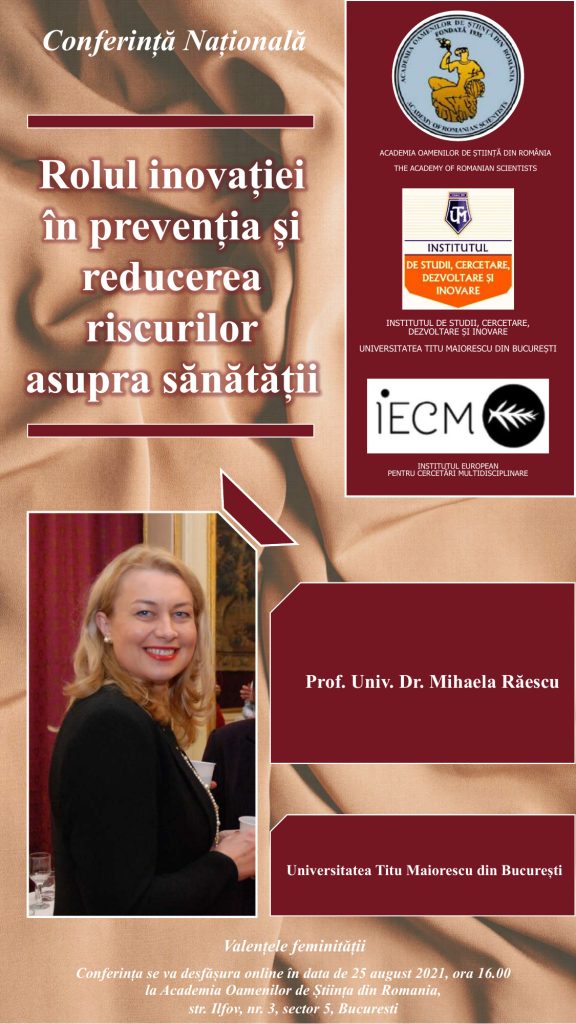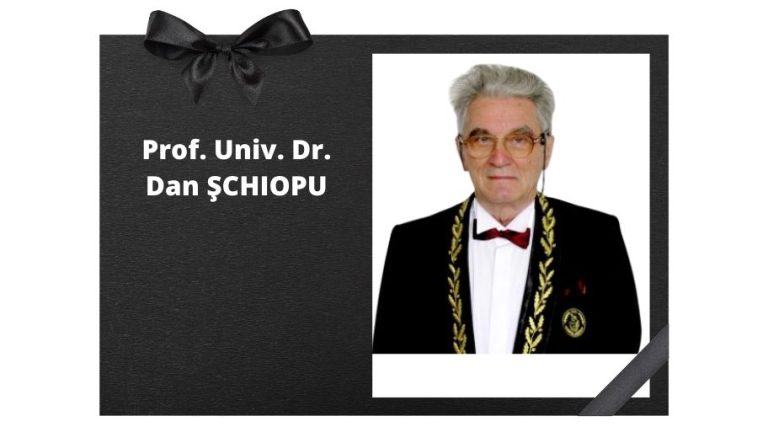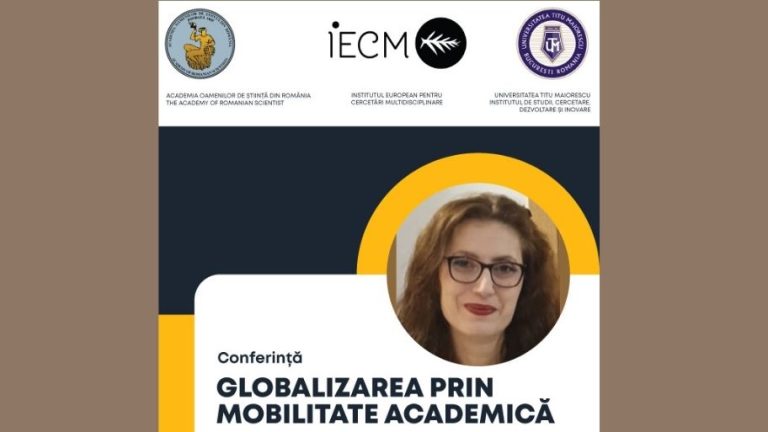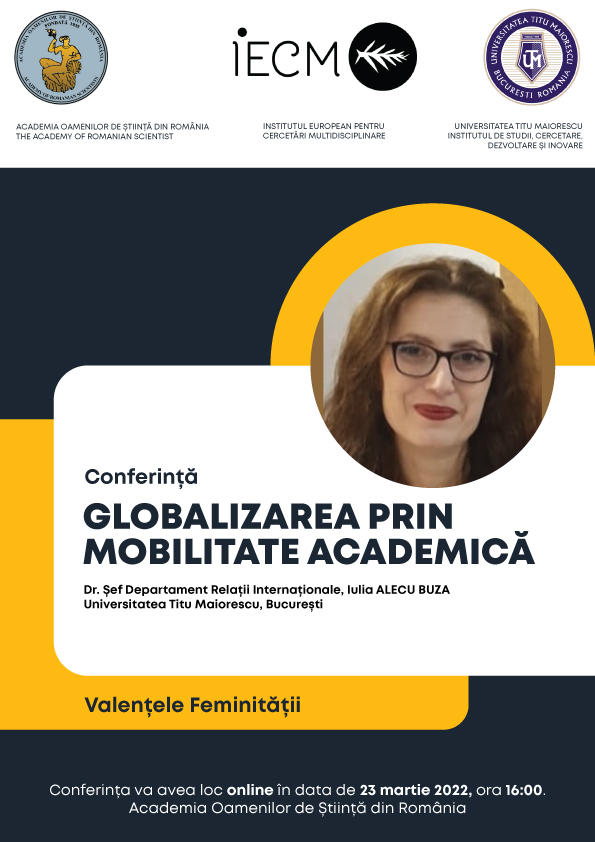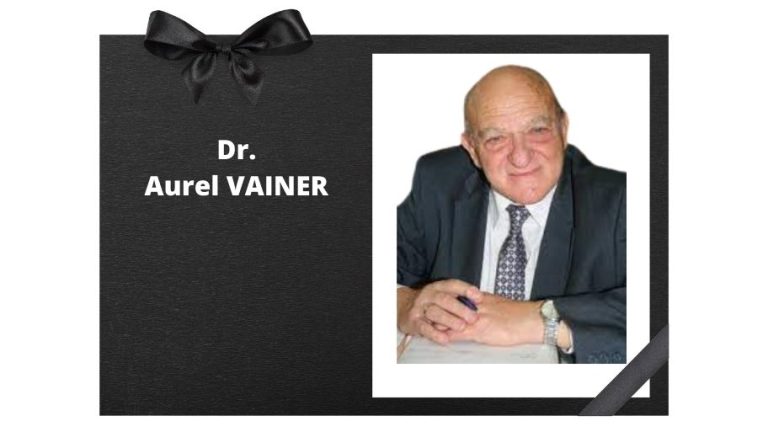Prof. dr. doc. Alexandru-Vladimir Ciurea, Member A.O.Ș.R.
We have a time horizon, we have a better health situation, the lifting of the state of emergency is relatively close.
If we are not prudent, we risk returning to the current complicated situation!
But the good news is not enough to start getting back to normal (as “normal” as it gets). Lifting the restrictions shifts the responsibility of living with the virus onto all of us. This means that it is up to us to respect the rules established during the state of emergency.
The authorities will certainly make recommendations for the period after the lifting of the state of emergency. But recommendations are a double-edged sword. Because they are not accompanied by penalties – nor can they be! -, some of us may ignore them. Something that can affect us all. As we cannot and do not want to become policemen, only compliance with the recommendations can get us out of the crisis after 15 May.
We need to be rational and strong.
Let me give you an example. Parks will be reopened, but one of the recommendations will undoubtedly be to respect the physical distance between people. And another may be related to wearing the mask. Children will not go to school or kindergarten. This creates the conditions for overcrowding of parks and playgrounds. Failure to keep the recommended physical distance or lack of masks can be epidemiologically risky. But they can also be risky from another perspective. Conflicts can arise between parents whose children play too close together. Who are vying for a swing or a spot in the sandbox. Against the background of the stress created by the time we stayed at home, when some became unemployed or lost their jobs, when incomes fell, rates remained unpaid, it only takes a spark…. And we can “light up” in a way that in normal times we wouldn’t.
We need calm and wisdom.
I know that the call for reason and calm comes at a tense time for all of us. But calm and wisdom must prevail. However intense the inner nervousness, we can control it. And we need to control it.
How do we do this?
First, we take a few deep breaths before engaging in a verbal confrontation. Then we need to think that our interlocutor or interlocutors are in the same state of stress as we are. Once we have mastered our first impulse, if we still feel the need to challenge the person we think needs a verbal “correction”, speaking calmly and politely is the best solution. As the saying goes, “sweet talk goes a long way”. And if the “enemy” doesn’t react in kind, to avoid escalating a conflict that is damaging us with the stress it brings, we’d better give in.
We have to control our nerves and our egos.
We know that we are temperamental, like any Latin people. We talk long and loud. We interact verbally with great ease. That’s the way we are and it’s not bad at all that we are like that, don’t get me wrong. But the end of the state of emergency does not mean an immediate return to normality. The return to normality needs a period of “convalescence”, I don’t know how long. We ourselves need time because adaptation – or readaptation, if you want to call it that – takes time.
We need to do things progressively.
I go back to the example of going to the park. Even if it will be allowed, this does not mean spending all day in parks. My recommendation is to set yourself a schedule where all the things that have been off-limits for two months are done progressively. A walk a day or an hour or two with your child or pet in the park is enough at first. The same progressive formula applies to any other activity you want to do.
We will be like athletes returning to training after a long break.
No athlete comes back from a long break from training. He can neither physically nor mentally. If in a competition he runs a few kilometres, and in pre-competition training he runs dozens of kilometres, after the break he will gradually return to his athletic form. It will start with easy runs over short distances. He will get his muscles and internal organs used to the progressive effort. This is how we will be and this is how we will have to approach the return to normal. Little by little.
By taking care of ourselves, we take care of each other.
And we take care of the health system. By being careful and responsible, we will avoid new infections, but we will also avoid overloading hospitals, and therefore… disease!. The virus won’t go away by a long shot, but if we are prudent, we can live with this “enemy” without triggering an epidemic surge that will turn us back. Pandemic “relapse” again means a state of emergency, isolation, pressure on the medical system, patients, deaths. A return to emergency could have catastrophic effects not only in terms of the epidemic but also economically.
The economy can no longer afford another downturn.
In the two months of the state of emergency, our economy has been badly hit. Agriculture, too. In agriculture we are also in a drought situation. We must all get back to work, we must be serious and aware that the economy only works if we are healthy. And we will only stay healthy if we deal responsibly with the period after the lifting of the bans.
The authorities will progressively lift the bans.
But as we breathe easier, the role of each of us in minimising the risk of a re-emergence will increase. If we understand this, if we behave in a civilised way, if we avoid excesses of any kind, the return to normality will be quicker. We have proven, with only a few unfortunate exceptions, that we are a disciplined and coherent people. I’m sure it’s not just for fear of fines. By taking responsibility for taking back responsibility for ourselves and operating as we should, we will not only show that we have learned a hard lesson. We will prove that we are a normal people, capable of being united in the face of challenges. Whatever they are!


